The ocean has a chance to recover within 30 years
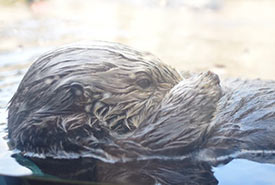
Sea otter (Photo by Kate, Unsplash)
Marine life, habitats and ecosystems have a chance to recover within 30 years according to a new study in Nature. While this would require huge conservation efforts and major policy changes, we have the knowledge to make this happen by 2050. The...
5 ways insects make our world a better place
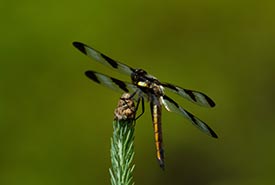
Dragonfly at Carden Alvar, ON (Photo by NCC)
There are an estimated 10 quintillion individual insects on Earth. That’s 19 zeroes after the one! Insects make up 75 per cent of all animals. Despite their ubiquity, they have a PR problem. People often find them gross, scary or even...
The magic of seaweed
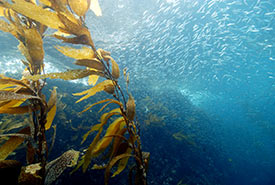
Kelp forest (Photo by Robert Schwemmer/NOAA via Wikimedia Commons)
Along the Pacific Northwest, there are over 640 different species of seaweed. They come in many different shapes and sizes. However, they’re commonly grouped into three colours: brown, green and red. While these different species of seaweeds...
Salmon run season: Witnessing the remarkable resilience of chum
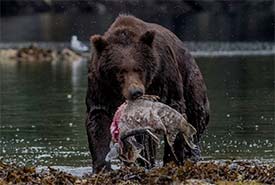
Bear with salmon (Photo by Bobushphoto via Getty Images Signature/Canva)
As the wind strips the trees of their leaves, and mushrooms surface through the rain-soaked ground, autumn takes hold along the Pacific Northwest of Canada. The changing season brings one of the most spectacular cycles of nature in the world....
A little help from my friends: How fallen leaves support biodiversity and climate
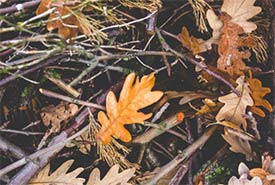
Leaf litter (Photo by Kaboompics.com via Pexels/Canva)
What’s your favourite part of autumn? Is it carving pumpkins for Halloween or going for long walks in the crisp air? Perhaps it’s spending time with loved ones over a hearty meal. But the main hallmark of autumn is the dramatic...
The voice of nature
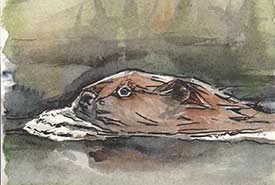
"Beaver," ink with watercolour wash. (Painting by Leanne Cadden)
Capturing ecosystem health through sound When I was six years old, my family moved to a suburban neighbourhood on Vancouver Island. We came from Ontario, so we were not at all acquainted with the incredibly wild and lush biodiversity of British...
Insects have a PR problem
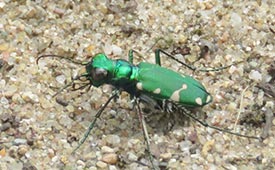
Northern barrens tiger beetle (Photo by Dan MacNeal, CC BY 4.0)
It's time we change that. You may have heard rumblings in the news about the loss of insects around the world. While some scientists have been screaming about this from the rooftops, it doesn’t seem to get the widespread attention it...
How human-made dams impact rivers
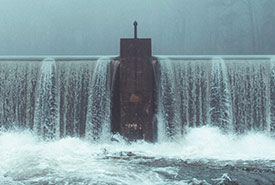
Dam (Photo by Austin Evans, Unsplash)
As the lifeblood of the planet, rivers are teeming with biodiversity. They support a wealth of wildlife and provide many benefits to humans. In Canada, we have over 8,500 named rivers, according to WWF-Canada, and are home to 20 per cent of the...
Reconnecting the wild: Ensuring safe passage through animal road crossings
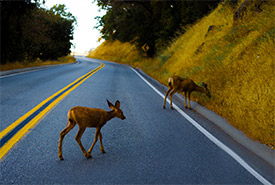
Deer crossing road (Photo by Steven Coffey on Unsplash)
From Victoria to St. John’s, the Trans-Canada Highway stretches across 8,030 kilometres of landscape in Canada. While it covers a lot of ground, it also fractures many habitats that are home to a variety of animals. Deer, moose, bears and...
10 awesome nature documentaries to help pass the time
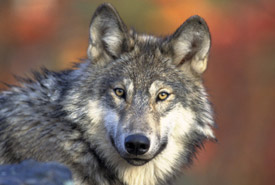
Grey wolf (Photo by Gary Kramer, courtesy of USFWS)
As we self-isolate, social distance and find new ways to connect with friends and family, now has never been a better time to learn more about nature. While Blue Planet and Planet Earth are obvious go-tos, we’re sharing some other awesome...

